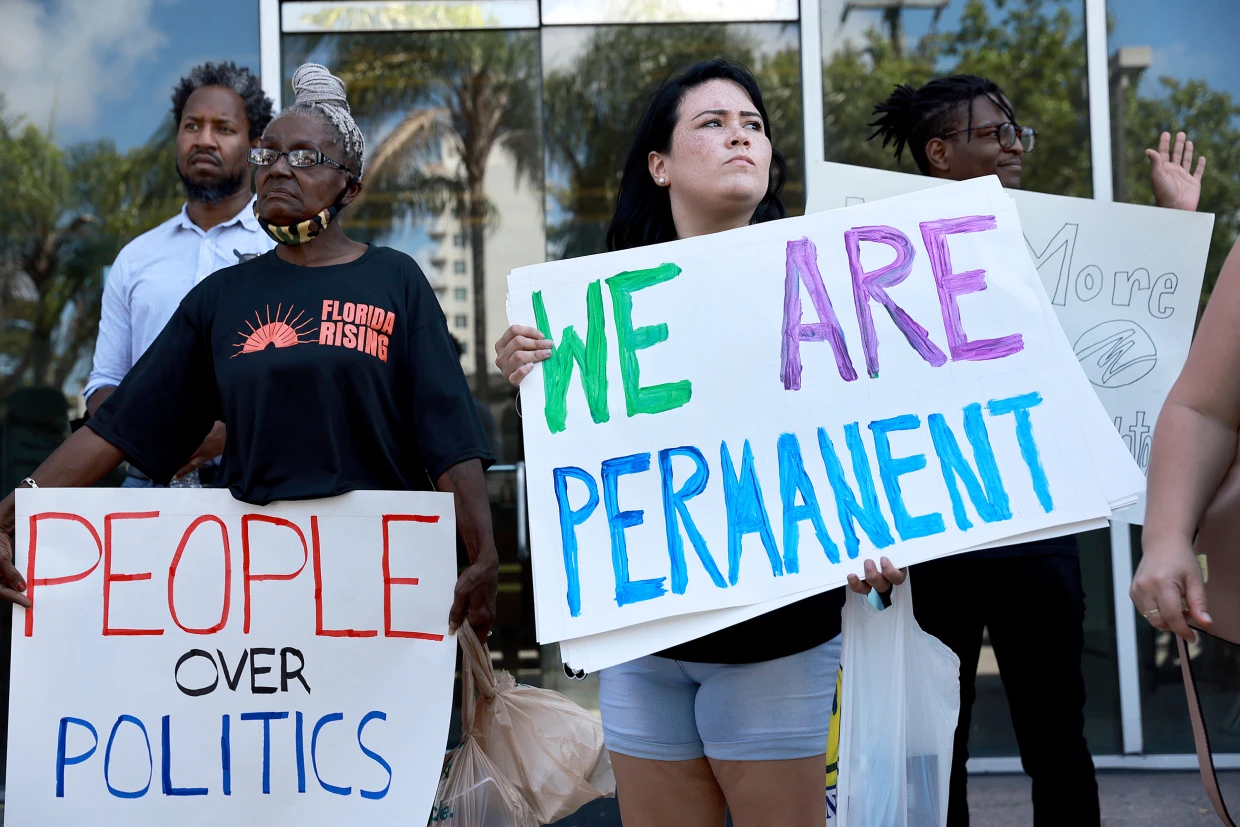WHAT Is a Public Intellectual?
Two weeks ago I posed the question, “Where are the Canadian public intellectuals?” Admittedly, this is probably the least helpful of many questions one should ask. Canadians are certainly engaged in all kinds of important work that addresses the most pressing issues facing an increasingly global society. Perhaps the reason why we don’t hear more about that work is due to other factors that, for one reason or another, pose a barrier to Canadian intellectuals either adopting or being identified as part of an explicitly “public” domain. These factors might include: (1) structural elements, such as the mechanisms (or lack thereof) of ways to promote Canadian public intellectuals and bring their contributions into a more global public sphere; or (2) cultural elements, such as how the universities or the media in Canada choose to package and promote ideas and the people behind them. Cultural elements also relate to how Canadian scholar-activists conceive of themselves, and the modes and venues through which they decide to circulate their ideas.
This brings me to another question, Is there a specifically Canadian way of being a public intellectual?
Maybe it’s okay that Canadians have a hard time identifying public intellectuals among us. Canadians don’t seem much inclined to idolatry, and probably for that very reason we have rarely indulged in iconoclasm. For example, we appear okay with having the British queen on our currency. And it hardly seems worth the effort to depose a beaver. Canadian history is replete with rather modest figures whose actions exude a responsibility to serve the public interest (thank you Tommy Douglas); we appreciate them, undoubtedly, but our respect doesn’t seem to reach the level of devotion. In fact, we seem to enjoy celebrating the follies and foibles of our most renowned leaders and institutions as a source of genuine amusement (Royal Canadian Air Farce anybody?). Our greatest innovations have emerged from our governments, not the corporate world with its alleged visionary CEOs. We don’t seem to trust systems as self-regulating entities either. Nor does the type of illicit private/public relationship cultivated between spectator and celebrity seem to hold quite as much sway in Canada as it does in the US and UK. Even Canadian hip-hop musicians, I dare say, display their own brand of globally minded and principled swagger (K’Naan!).
Does nationality matter then? Insofar as media systems appeal to a national public, perhaps it does. The seemingly endless lists of “top” public intellectuals certainly suggest the media can identify who is a public intellectual. But perhaps the more difficult question is actually what is a public intellectual?
Is a public intellectual an intellectual first who then develops a public profile, or do public figures whose daily work involves the critical education of the masses also qualify? (Sophia A. McClennen makes a fabulous case for Stephen Colbert)
Where does the concept of “the public intellectual” come from? How many different ways has it developed?
Can a public intellectual be self-proclaimed? If not, on what basis does one gain entrance to the realm of the public intellectuals? How many people have to know/think/talk about you for you to qualify for the title “public intellectual”? Are public intellectuals self-made or do they emerge from communities?
Someone recently asked me, Why do we even need to add “public” to the term “intellectual”? Is not the province of “the intellectual” necessarily a public one? Surely if one sits alone and studies what many would consider the utterly fascinating phenomenon of Dr. Who’s many incarnations but fails to engage anybody else in a discussion about it then such a person cannot rightly be called an intellectual?
And, while we’re challenging the validity of “public” as a modifier, then why not also question what qualifies as “intellectual”? What is the nature of intellectual work in this day and age – particularly the kind that can garner public attention? Is it not a kind of work that appeals to feelings and rouses one’s passion as well as stimulating critical thought and reason?
Aidan Byrne recently asked “Where will we find the next generation of intellectuals now that intelligence is seen as a weakness?” Perhaps the public intellectual in an age of anti-intellectualism has become obsolete. Has the public lost the patience to listen to substantive philosophical points when it could be watching the latest episode of Jersey Shore? As Byrne rightly points out, politics has become about public relations’ scripting, while politicians take more care with managing their public image than figuring out what their constituents need.
Will a new wave of intellectuals emerge from the shadows of what Byrne calls the “narrowcast structure” of social media to garner “serious public attention”? Will a proliferation of media and media personalities mean that each person will have a public intellectual of his or her own to champion?
What is certain is that a new generation of public intellectuals will not resemble anything like those privileged to occupy the ranks of public intellectuals of previous generations – Bertrand Russell, Northrop Frye, H.G. Wells – you get the point.
Will a newfound and welcome diversity in terms of race, class, sexuality, and gender among the ranks of public intellectuals render the term itself more or less diffuse and indeterminate? More importantly, how will the new intellectuals’ entrance onto the public stage change the nature of public culture itself?
_________________________
By Grace Pollock
Public Intellectuals
Related News
News Listing

By Ozichukwu Chimezie Ifesie ➚
At the Base of Babel: Language as a Colonial Weapon and Revolutionary Tool
Articles, Public Intellectuals, Resistance, Social Justice
March 3, 2025

By Future Futures Futures Collective ➚
The Politics of Memory: Historical Amnesia and the Struggle for Palestinian Justice
Articles, Public Intellectuals, Resistance
February 10, 2025

By Liam Feldman ➚
The Unlikely Alliance of Transgenders and Transnationals
Articles, Cultural Pedagogy, Essays, Public Intellectuals, Social Justice
November 4, 2023
